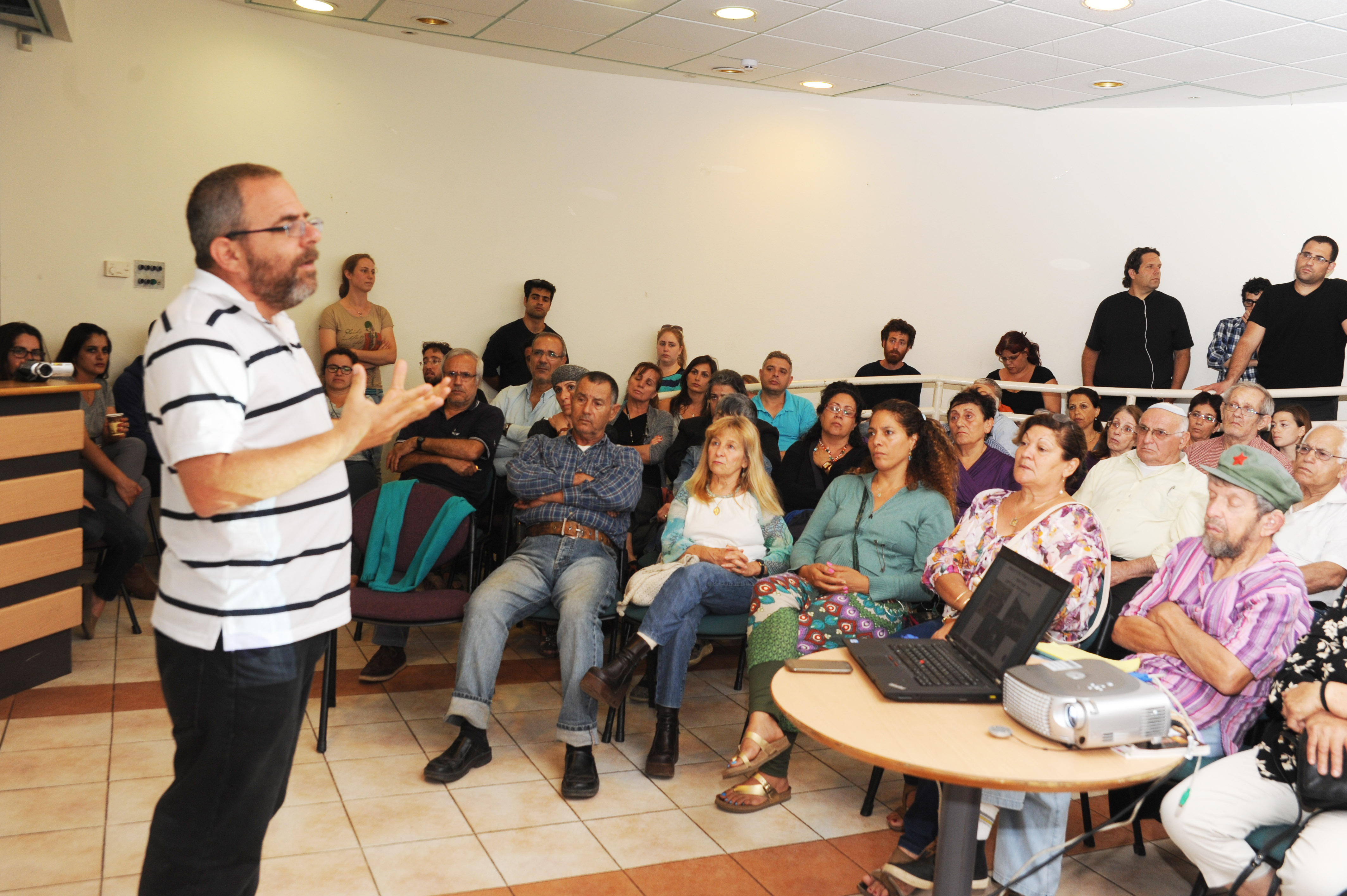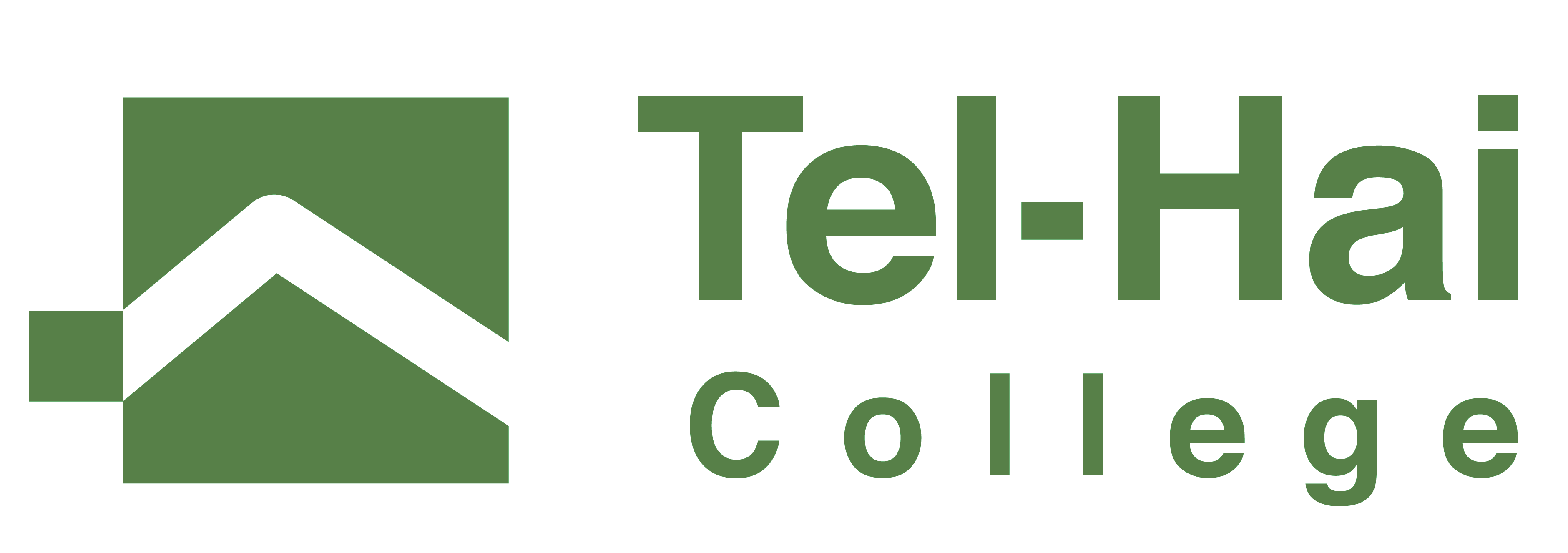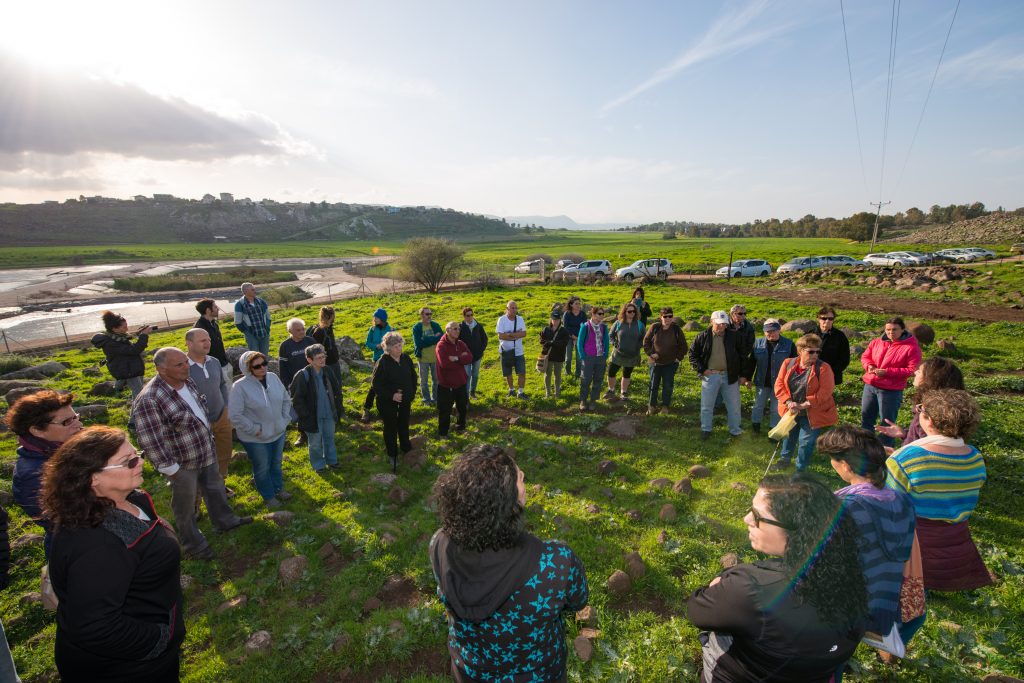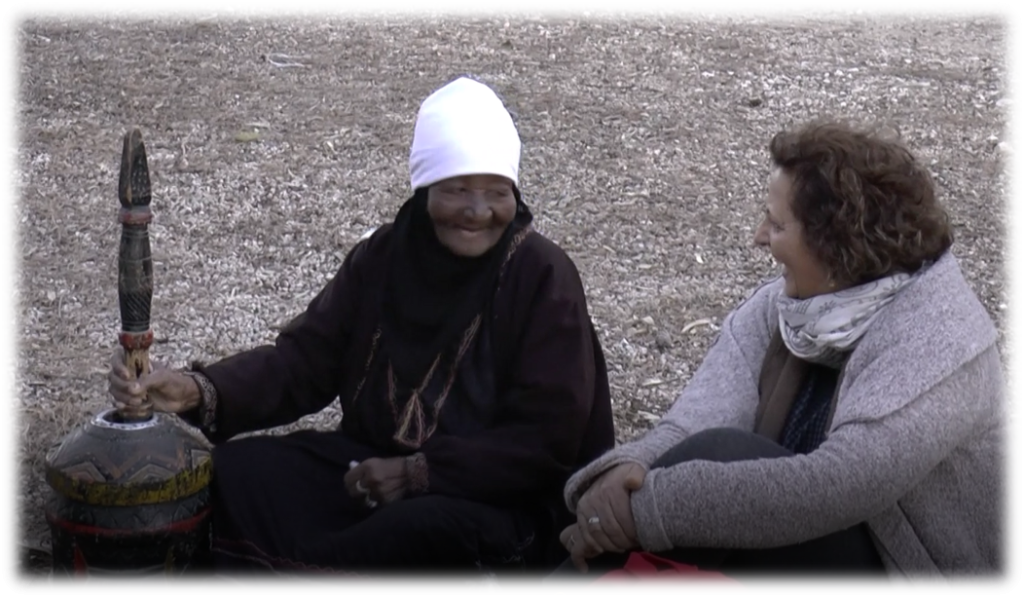Town Square Academia is a grassroots initiative, established in 2011 by an activist group of academics, residents and students situated in a biodiversity hotspot along the Jordan River, an extremely peripheral and diverse area. The program builds bridges of knowledge, trust and intercultural dialogue, using science as a pro-active tool for recognizing local knowledge and resisting environmental and social injustice.
In practice, academic and local experts co-lead ten free courses and three action groups each year, bringing together hundreds of Bedouins, Druze, Muslims, Christians and Jews, religious and secular, conservative and progressive, Palestinian and Israeli-Jews that co-produce a stronger sense of place, new data and a more just science-based policy. This long-term collaboration helps the community to augment its knowledge and generate change via academic tools, whereas the scientists gain new perspectives and information that help to improve their research innovation and the clarity of their pedagogy.






